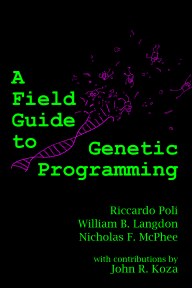The 10th International Workshop on Genetic Improvement @ICSE 2021
Navigation: Keynote, Accepted Papers, CFP, Workshops Chairs, PC, Sponsors

Virtual Event
The workshop took place virtually on 30 May 2021, thank you everyone for attending and congratulations to the award winners!
- best paper award: CRNRepair: Automated Program Repair of Chemical Reaction Networks by Ibrahim Mesecan, Michael C. Gerten, James I. Lathrop, Myra B. Cohen, and Tomas Haddad Caldas
- best presentation award: Using Genetic Improvement to Retarget Quantum Software on Differing Hardware by George O’Brien and John Clark
Playlist of the workshop recordings:
Group photo:
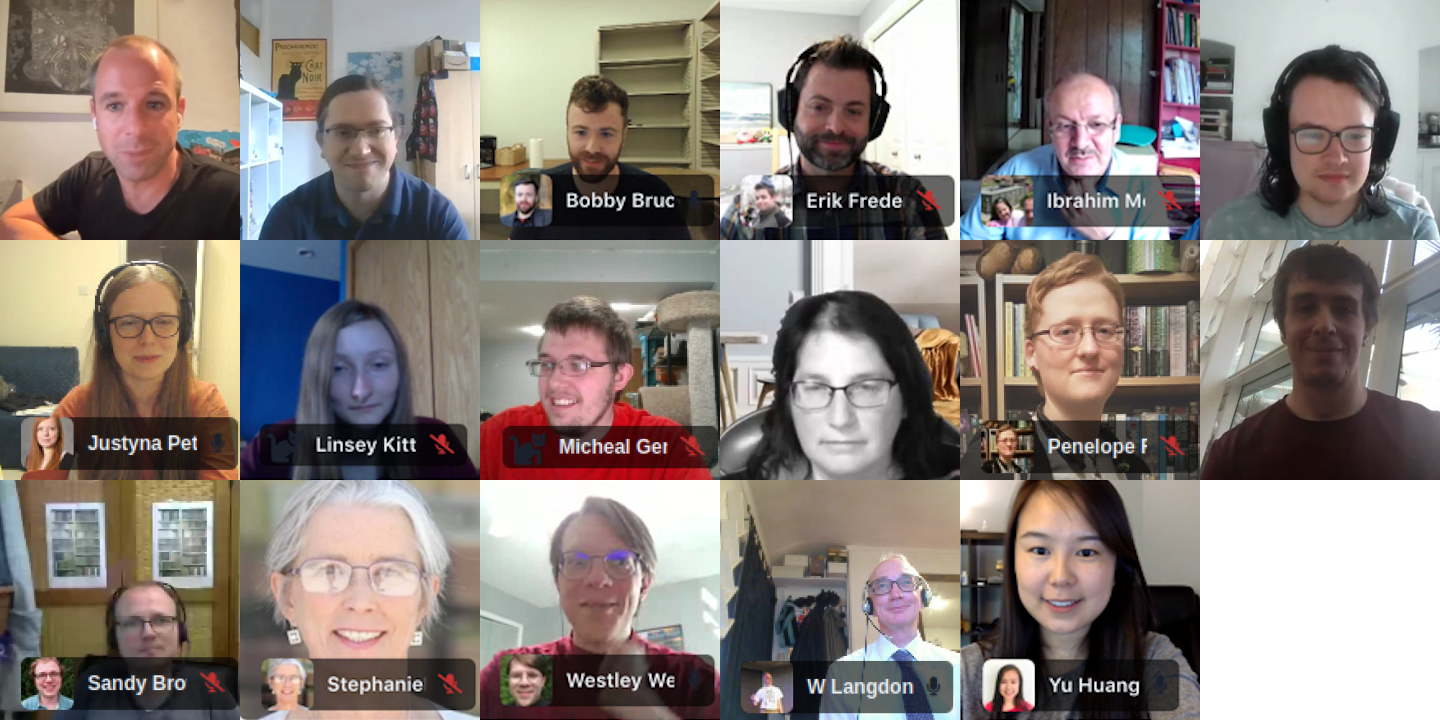
Keynote
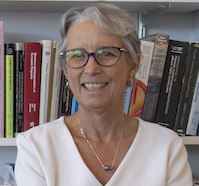
We are happy to announce that Stephanie Forrest (Arizona State University) will give the keynote speech in GI@ICSE 2021: Engineering and Evolving Software.
The keynote will be less a reflection of ‘where the genetic improvement field is today’ than putting the micro-level evolution we design for single programs into a larger context of software engineering practice which is inadvertently using evolution at the macro-scale.
She hopes also to encourage GI practitioners to start thinking more about evolutionary search rather than focusing so much on designing better mutation operators.
Prof. Stephanie Forrest works at Arizona State University, where she directs the Biodesign Center for Biocomputation, Security and Society in the School of Computing, Informatics and Decision Sciences Engineering (CIDSE). Forrest studies the biology of computation and the computation of biology, including work on computational immunology, computer security, automated software repair, evolutionary computation, and biological modeling.
Accepted Papers
(Genetically) Improving Novelty in Procedural Story Generation
by Erik Fredericks and Byron DeVries
DOI PDF VIDEO VIDEO VIDEO VIDEO URL URL
Abstract
A Permutation Representation of Covering Arrays
by Ryan Dougherty and Xi Jiang
DOI VIDEO VIDEO VIDEO
Abstract
Applying Automated Program Repair to Dataflow Programming Languages
by Yu Huang, Hammad Ahmad, Stephanie Forrest, and Westley Weimer
DOI VIDEO VIDEO VIDEO
Abstract
CRNRepair: Automated Program Repair of Chemical Reaction Networks
by Ibrahim Mesecan, Michael C. Gerten, James I. Lathrop, Myra B. Cohen, and Tomas Haddad Caldas
DOI PDF VIDEO VIDEO VIDEO URL
Abstract
Engineering and Evolving Software
by Stephanie Forrest
DOI VIDEO URL
Abstract
Exploring the Accuracy -- Energy Trade-off in Machine Learning
by Alexander E. I. Brownlee, Jason Adair, Saemundur O. Haraldsson, and John Jabbo
DOI PDF VIDEO VIDEO VIDEO URL
Abstract
Generating Objected-Oriented Source Code Using Genetic Programming
by Vicente Illanes and Alexandre Bergel
DOI PDF PDF VIDEO VIDEO VIDEO
Abstract
Open Challenges in Genetic Improvement for Emergent Software Systems
by Penelope Faulkner Rainford and Barry Porter
DOI PDF VIDEO VIDEO VIDEO
Abstract
Optimising SQL Queries Using Genetic Improvement
by James Callan and Justyna Petke
DOI PDF VIDEO VIDEO VIDEO
Abstract
Partial Specifications for Program Repair
by Linsey Kitt and Myra B. Cohen
DOI PDF VIDEO VIDEO VIDEO
Abstract
Uniform Edit Selection for Genetic Improvement: Empirical Analysis of Mutation Operator Efficacy
by Marta Smigielska, Aymeric Blot, and Justyna Petke
DOI PDF VIDEO VIDEO VIDEO URL
Abstract
Using Genetic Improvement to Retarget quantum Software on Differing Hardware
by George O'Brien and John Clark
DOI VIDEO VIDEO VIDEO
Abstract
Call For Submissions [pdf]
We invite submissions that discuss recent developments in all areas of research on, and applications of, Genetic Improvement. The International Workshop on Genetic Improvement is the premier workshop in the field and provides an opportunity for researchers interested in automated program repair and software optimisation to disseminate their work, exchange ideas, and discover new research directions. Topics of interest include both the theory and practice of Genetic Improvement. Applications of GI include, but are not limited to:
- Improve efficiency
- Decrease memory consumption
- Decrease energy consumption
- Transplant new functionality
- Specialise software
- Translate between programming languages
- Generate multiple versions of software
- Repair bugs
We invite submissions of two paper types:
- Research papers (eight page limit, including references)
- Position papers (two page limit, including references)
We encourage authors to submit early and in-progress work. The workshop emphasises interaction and discussion.
All papers should be submitted via HotCRP: https://icse21-gi10.hotcrp.com/
These papers will be reviewed in a double-blind manner.
All accepted papers must be presented at GI-2021 and will appear in the ICSE workshops volume.
Workshop Chairs
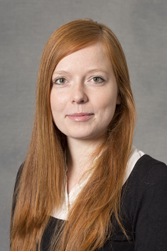
Justyna Petke is a Principal Research Fellow and Proleptic Senior Lecturer (Associate Prof.), conducting research in genetic improvement. She has a doctorate in Computer Science from University of Oxford and is now at the Centre for Research on Evolution, Search and Testing (CREST) in University College London. She has published on applications of genetic improvement. Her work on the subject was awarded a Silver and a Gold ’Humie’ at GECCO 2014 and GECCO 2016 as well as an ACM SIGSOFT Distinguished Paper Award at ISSTA 2015. She was the PC co-Chair for the International Symposium on Search-Based Software Engineering in 2017. She also organised six Genetic Improvement Workshops. She currently serves on the editorial board of the Genetic Programming and Evolvable Machines journal.
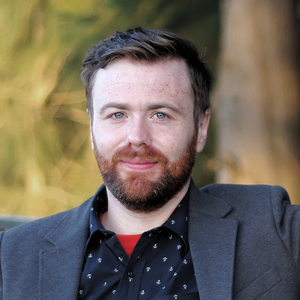
Bobby Bruce is a Postdoctoral Scholar at UC Davis where he primarily works on the gem5 computer architecture simulator. Prior to UC Davis, Bobby carried out research into the automatic optimization of Java bytecode at UCLA. His research interests are centred around Search-based Software Engineering, and its application to improving software performance.

Yu Huang is a PhD candidate at the University of Michigan, Ann Arbor. Her research includes applying GI-based automated program repair (APR) techniques in embedded systems and human factors in software automation with a focus on human bias against automated tools in code review. She has served as the organizer for multiple Diversity, Equivalence and Inclusion events hosted at University of Michigan. She was also in charge of the social media for GI 2020 to advertise the event and connect researchers and practitioners in the community. Currently she is serving as the Social Media Chair for GI 2021.
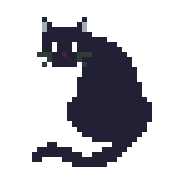
Aymeric Blot is a Research Associate conducting research in genetic improvement at the CREST and SOLAR groups in University College London. He received in 2018 a doctorate from the University of Lille following work on automated algorithm design for multi-objective combinatorial optimisation. His research focuses on strengthening GI techniques using knowledge from automated machine learning, algorithm configuration, and evolutionary computation. He maintains and evolves the community website on genetic improvement.

Westley Weimer is a Professor at the University of Michigan He received his PhD from the University of California at Berkeley. His research interests include reducing the costs associated with software development at scale (particularly through automated program repair) as well as program analysis, formal verification, and human linguistic and visual interaction with software. He is a senior member of the Association for Computing Machinery and his work has led to over eleven thousand citations and several awards, including three ‘Humies’ and ICSE 2019 Most Influential paper for his work on using Genetic Improvement for bug fixing. He also organised five Genetic Improvement workshops.
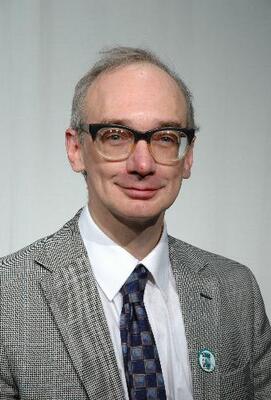
Special thanks to Bill Langdon for helping with advertising the workshop.
PC
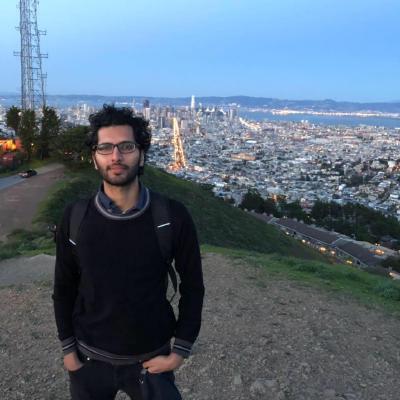




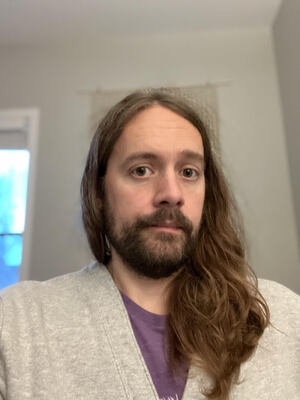
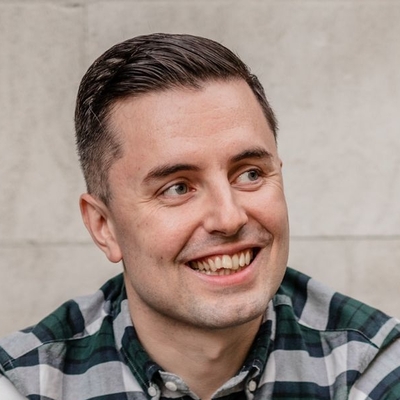
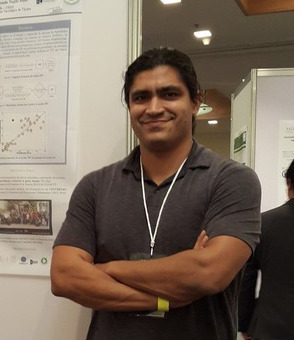

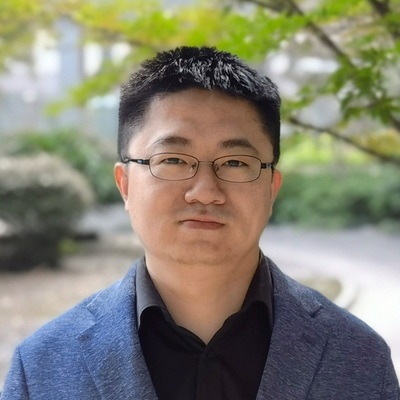
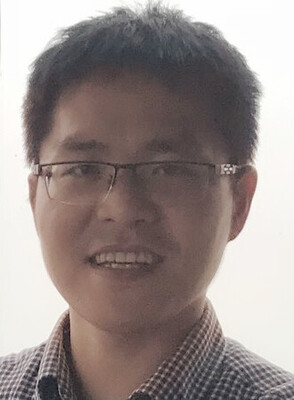
Sponsors
We are grateful to our sponsors for their support of the 10th International Workshop (GI@ICSE 2021).
